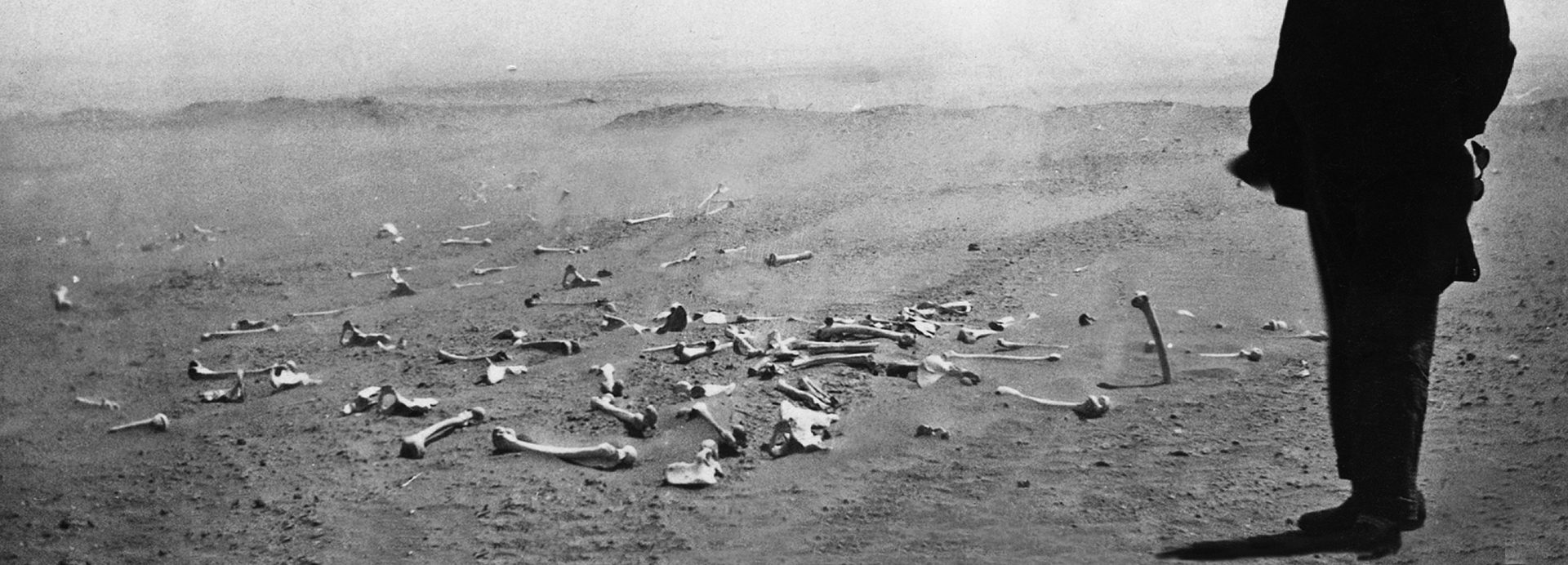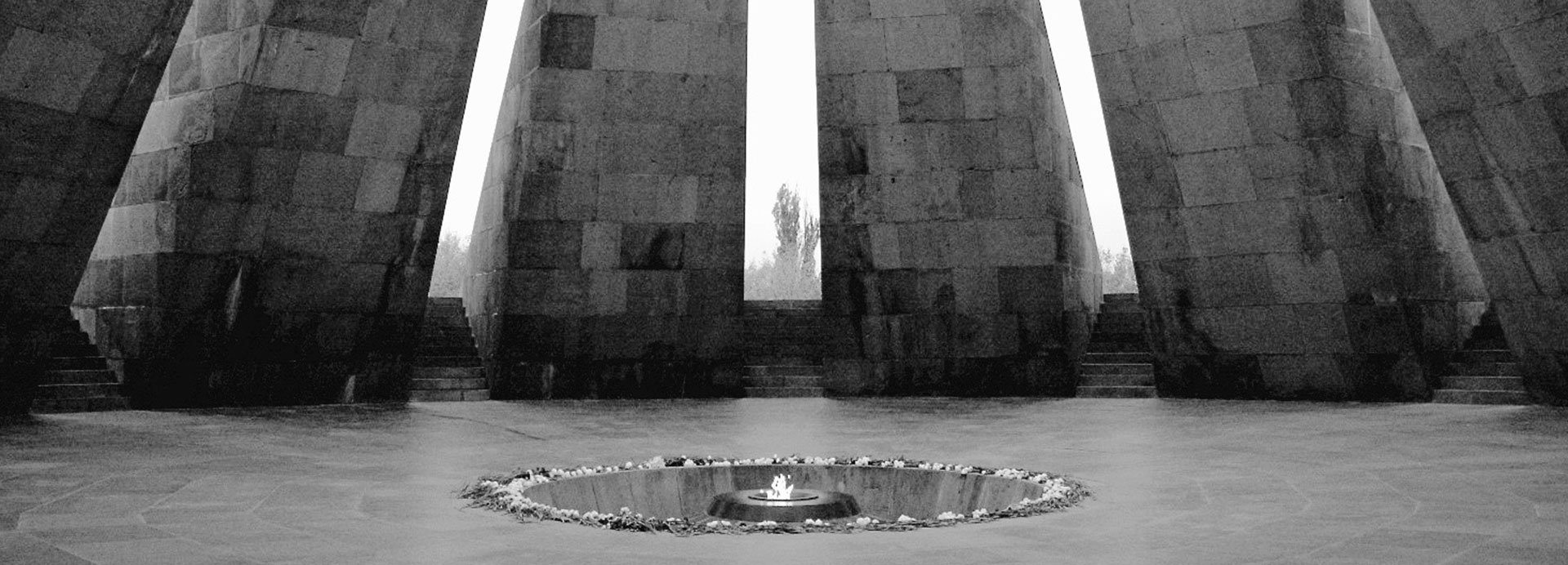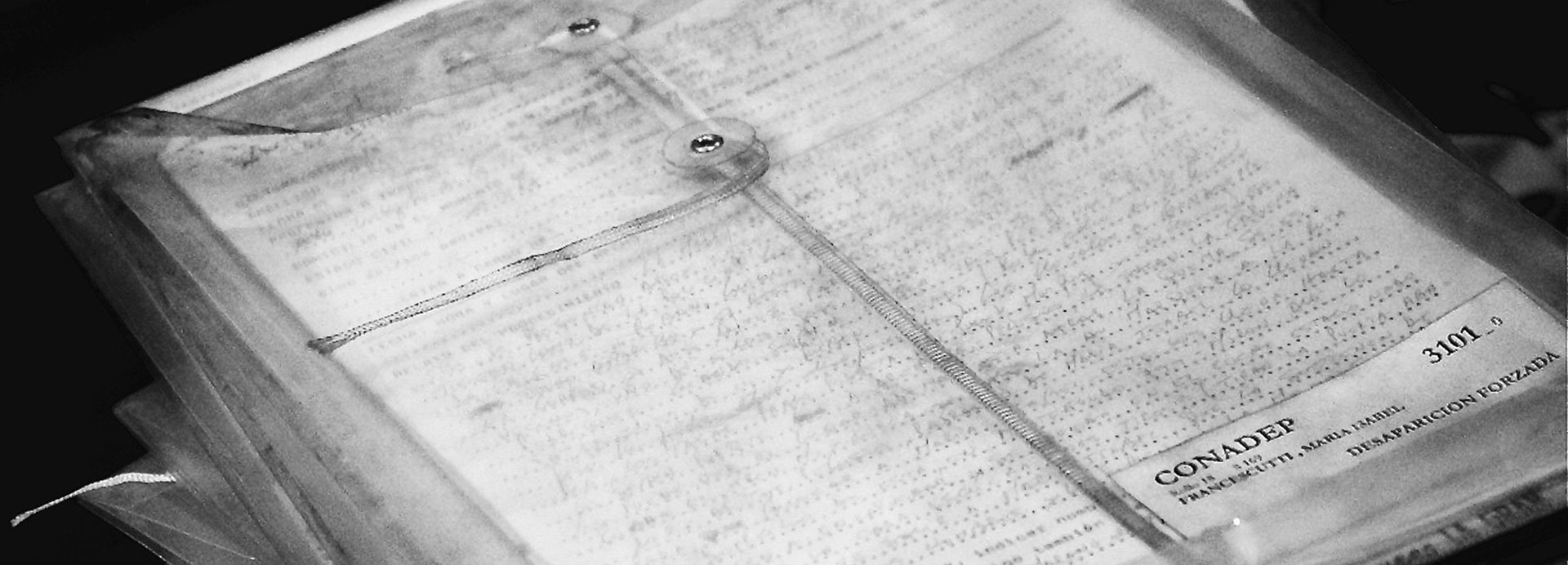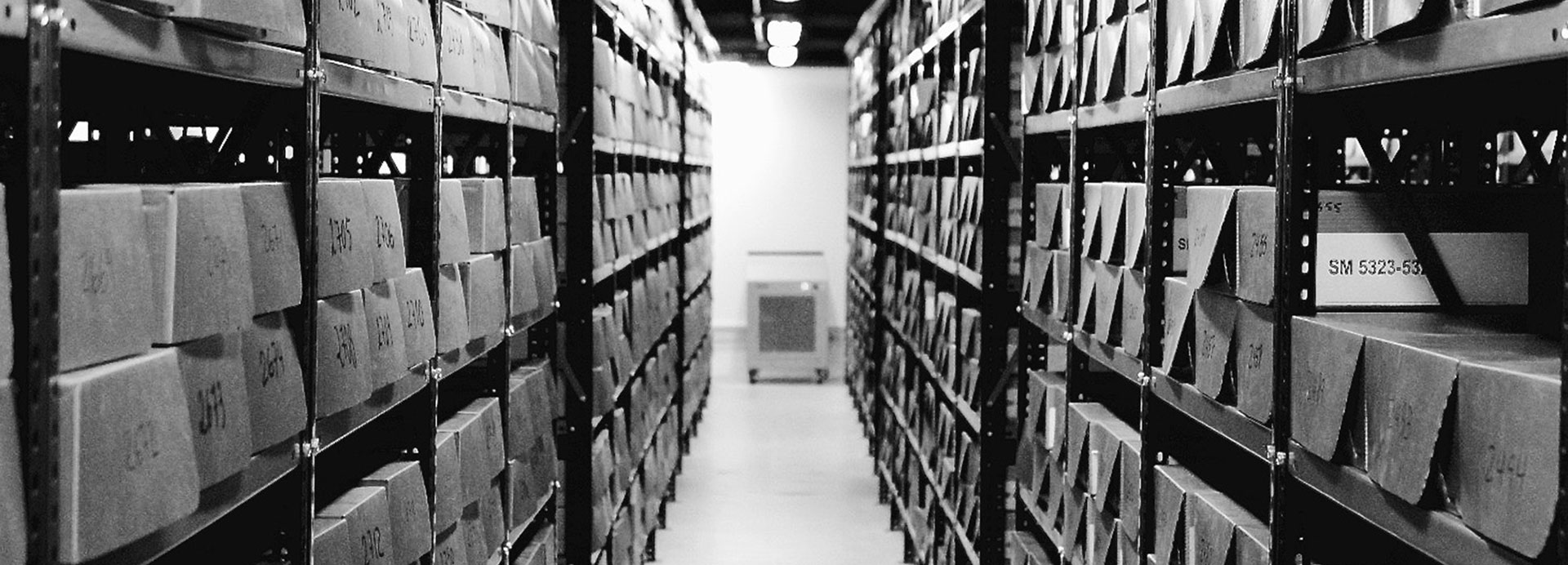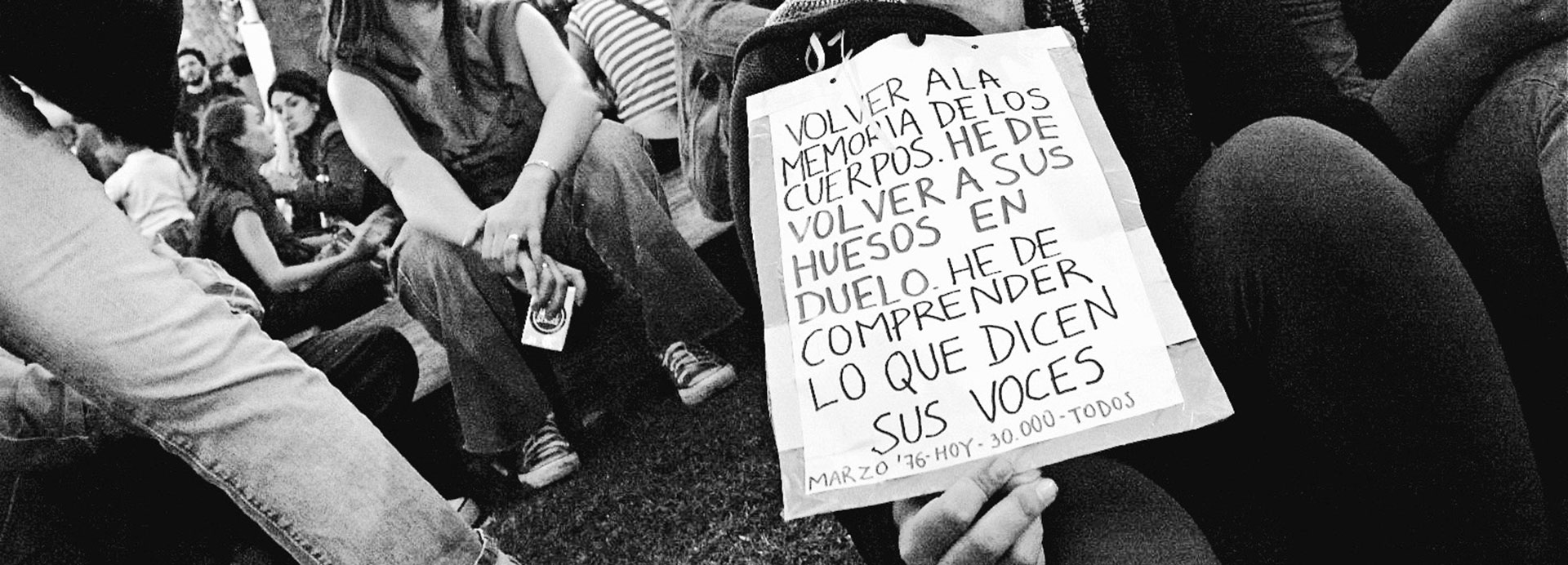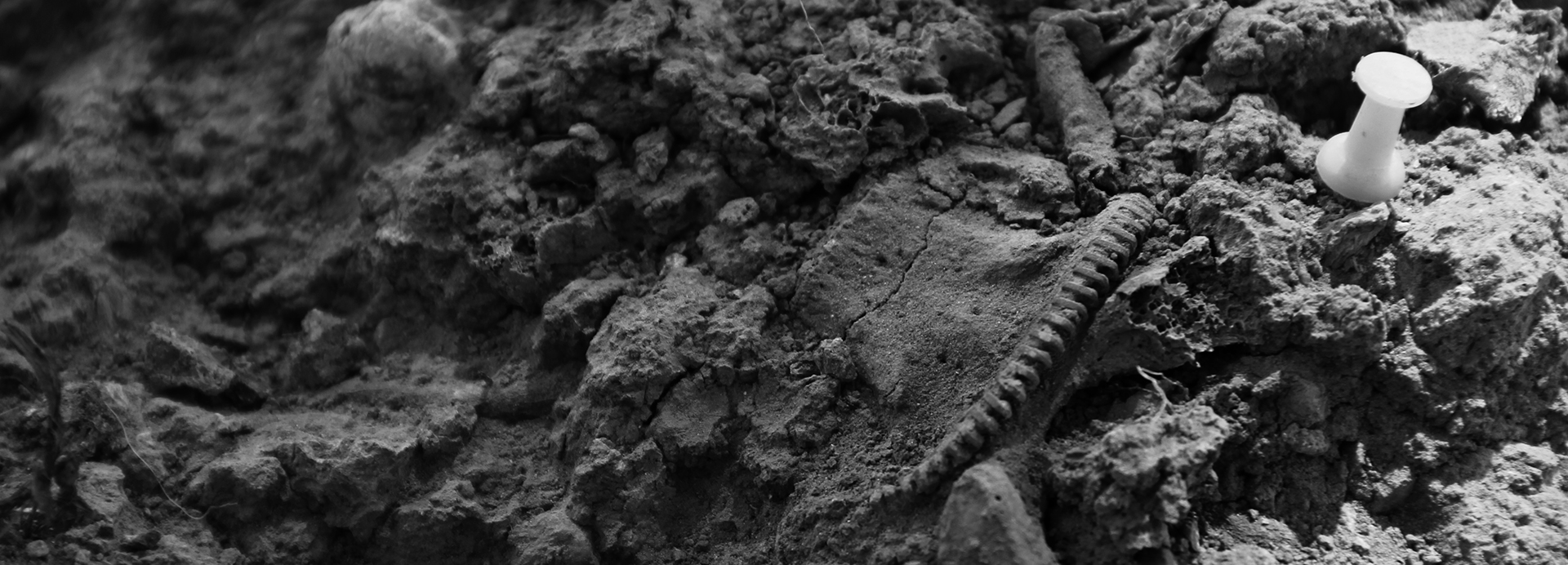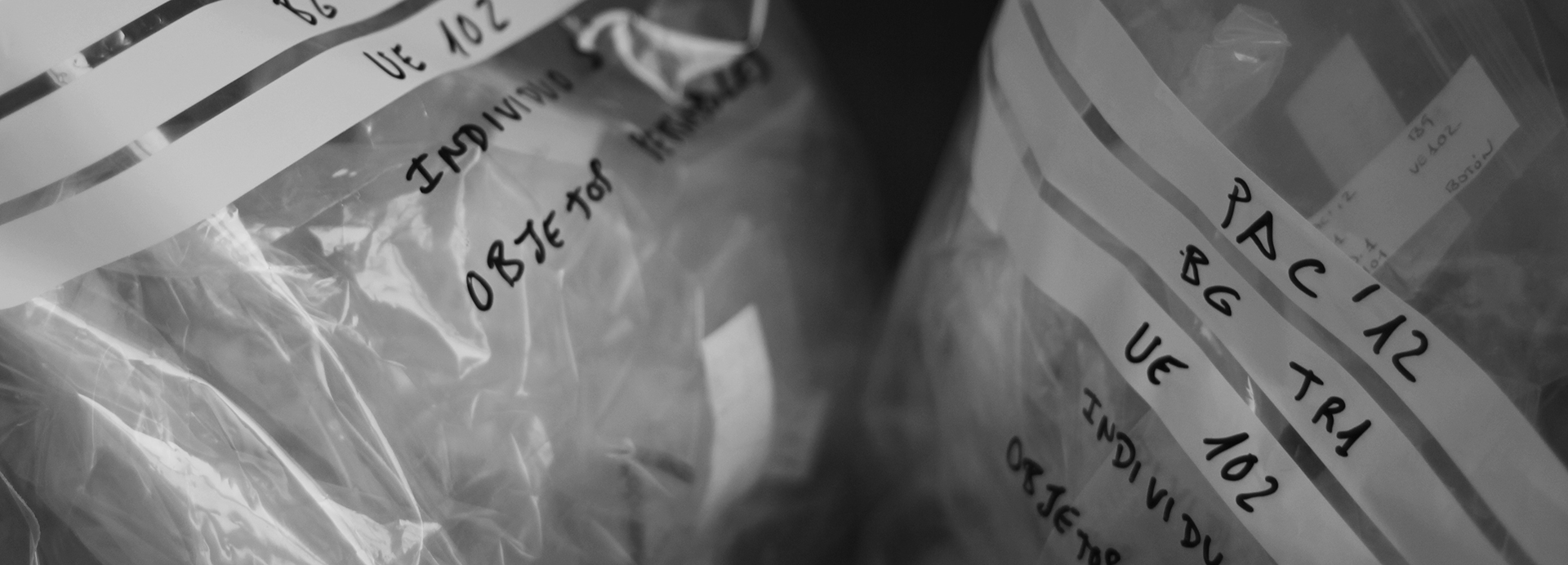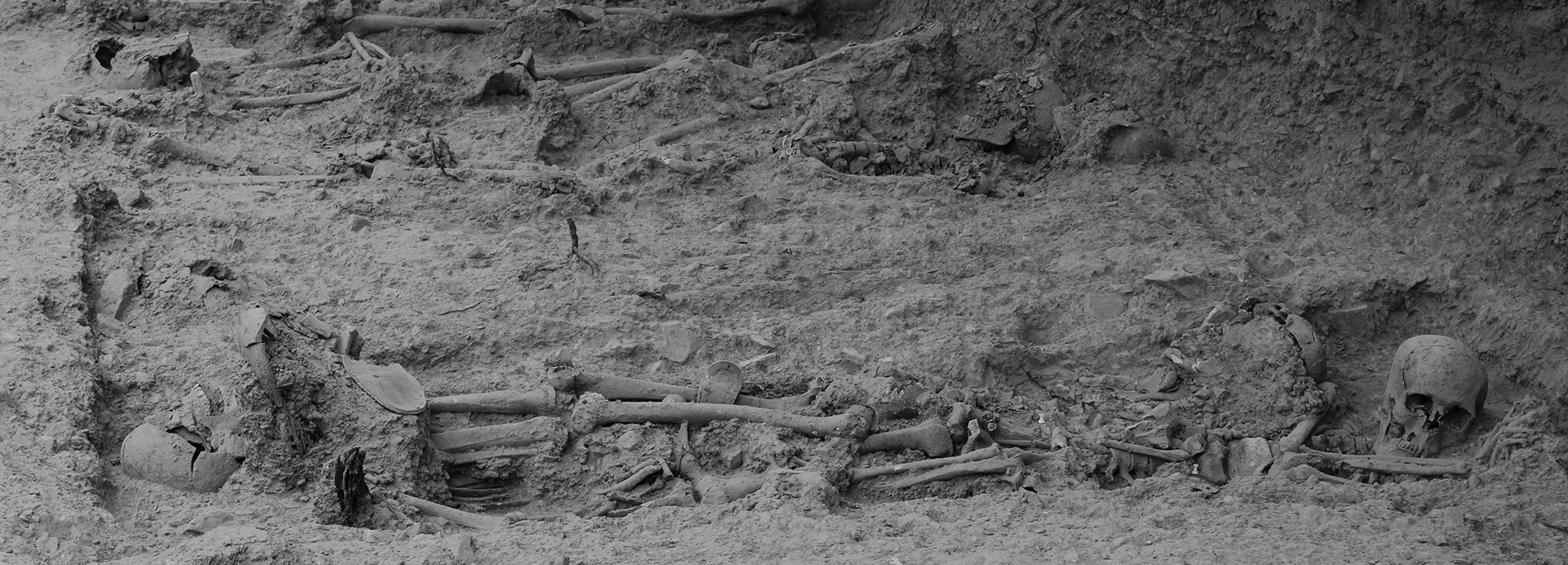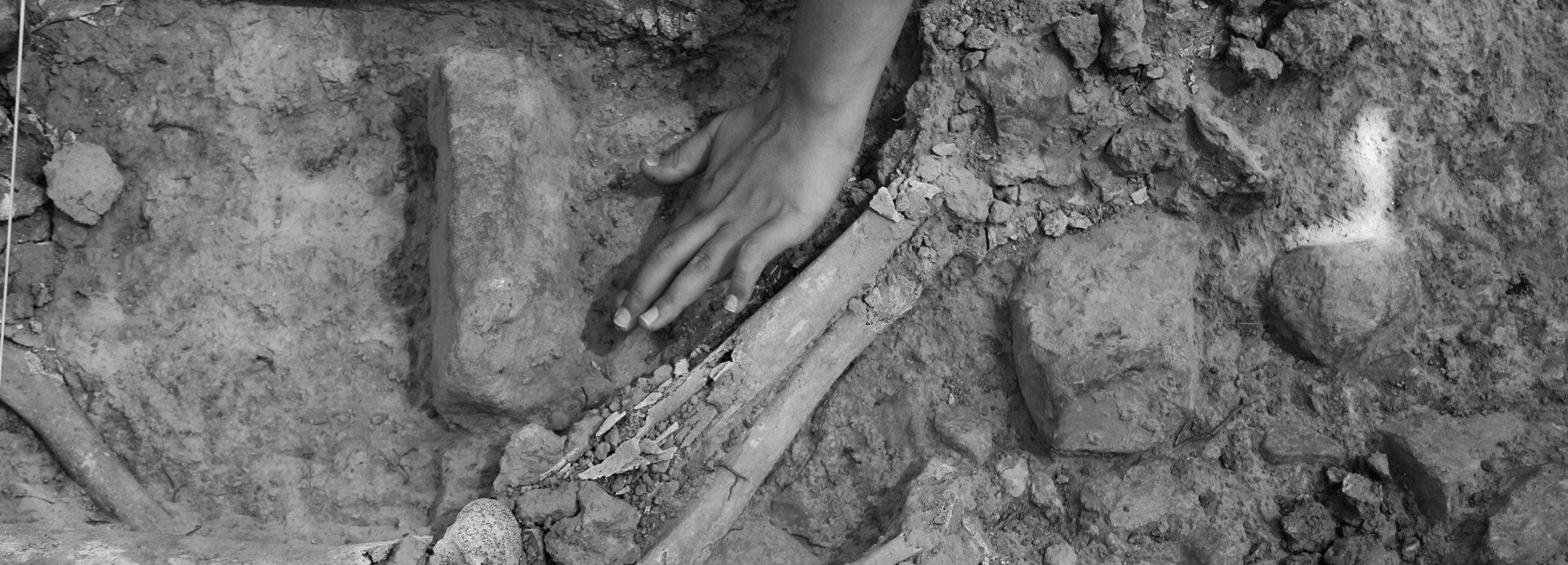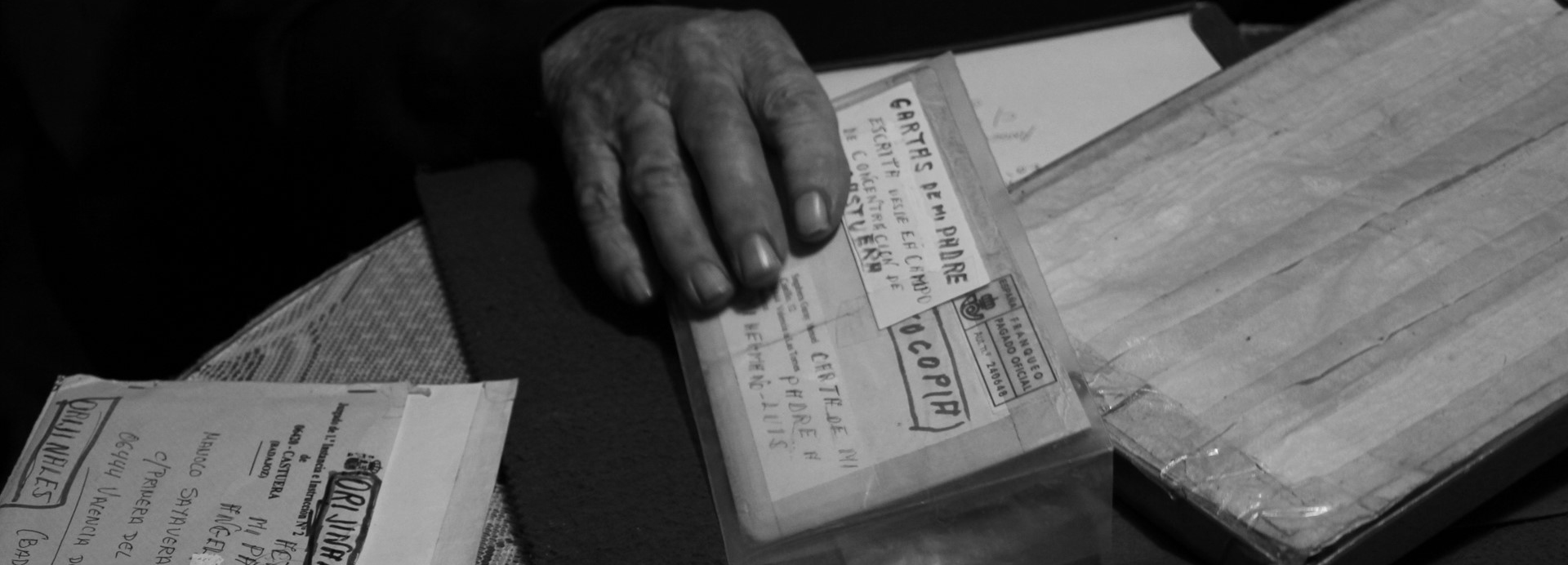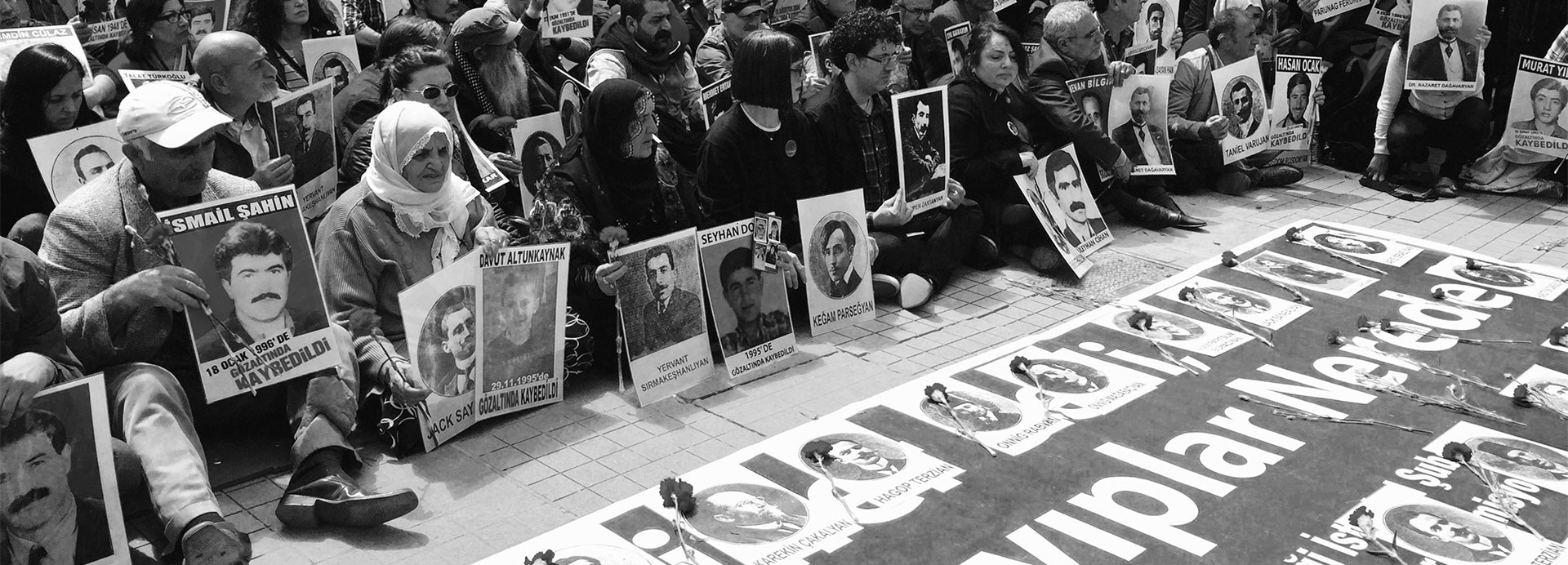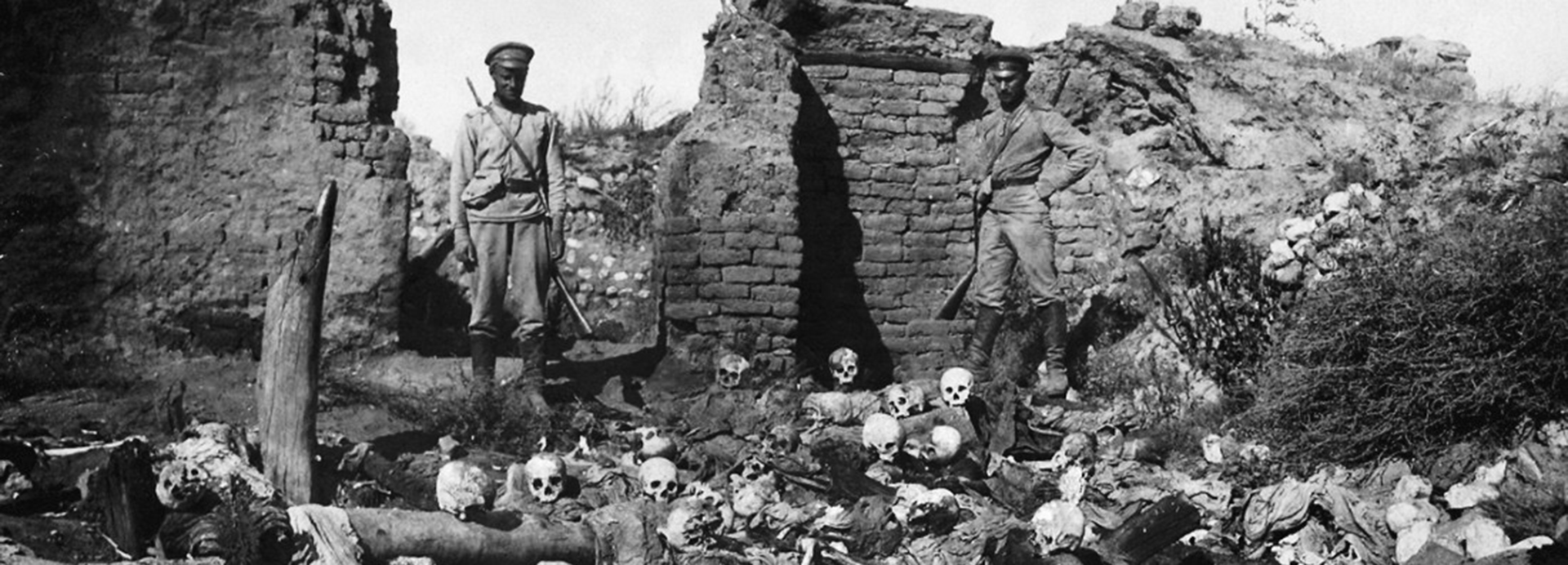Presentation of the research project
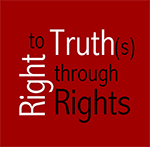
The "fight against impunity" for mass crimes, which emerged as a result of the ravages of the 20th century, aims primarily to promote peacemaking and peacekeeping, security and democracy in the wake of extreme political violence. In the framework of transitional justice, the right to truth constitutes the first pillar of this "fight against impunity". But what is the right to truth and how is it implemented in contexts of persistent impunity?
The right to truth is increasingly claimed by victims or their families as a new right against the state and is enshrined in UN law and international human rights law, yet it remains underexplored per se in legal literature. When it is studied, it is never specifically analyzed in contexts of persistent impunity, which are the result of, for example, the maintenance of amnesty laws, state denial, systematic practices for the disappearance of bodies, or, simply, the death of those responsible. This research project hence addresses the following question: if the right to truth constitutes the first pillar of the "fight against impunity" and supposes a state obligation to investigate, what meaning(s) and what function(s) does it have in contexts of a priori irreversible impunity?
The working hypothesis is that in addition to its regulatory functions, the law has a "cognitive function" that manifests through various forms. In different situations of impunity, this function always aims to establish the facts and to acknowledge the crimes and their victims. This gives rise to a new paradigm: the "fight against denial" (denial, here, in the sense of non-recognition of reality) as a wider approach to the "fight against impunity". Our hypothesis calls for a critical analysis of the law as an instrument for the production of truth in relation to three types of evidence: the testimony, the archive and the dead body. These are three traces that every criminal enterprise aims to destroy, erase or conceal, particularly when such enterprise is the product of state action. Nevertheless, these traces - as history and science teach us - never disappear or remain silent completely.
The project is built around these (testimonial, documentary and corporal) traces, which play a decisive role in the materialization of the right to truth outside the scope of criminal law. By questioning the reach of the right to truth in connection to these remains, this interdisciplinary research offers a holistic approach that will renew the understanding of justice in the face of extreme violence. In so doing, the project will also reflect, more generally, on the relationship between law, history and science (in particular forensic science) in the handling of mass crimes and fact-finding. Beyond its scientific value, the research will produce an important database, which will be useful, from a practical point of view, to a community of political, legal and grassroots actors.
This research project, which started in March 2016 for an initial period of four years under the supervision of Prof. Sévane Garibian, is entirely funded by the Swiss National Science Foundation (SNF Project PP00P1_157406/1) and hosted by the Law Faculty of the University of Geneva. In October 2019, Sévane Garibian obtained a two-year extension of her SNSF grant (SNSF project PP00P1_190066/1).
